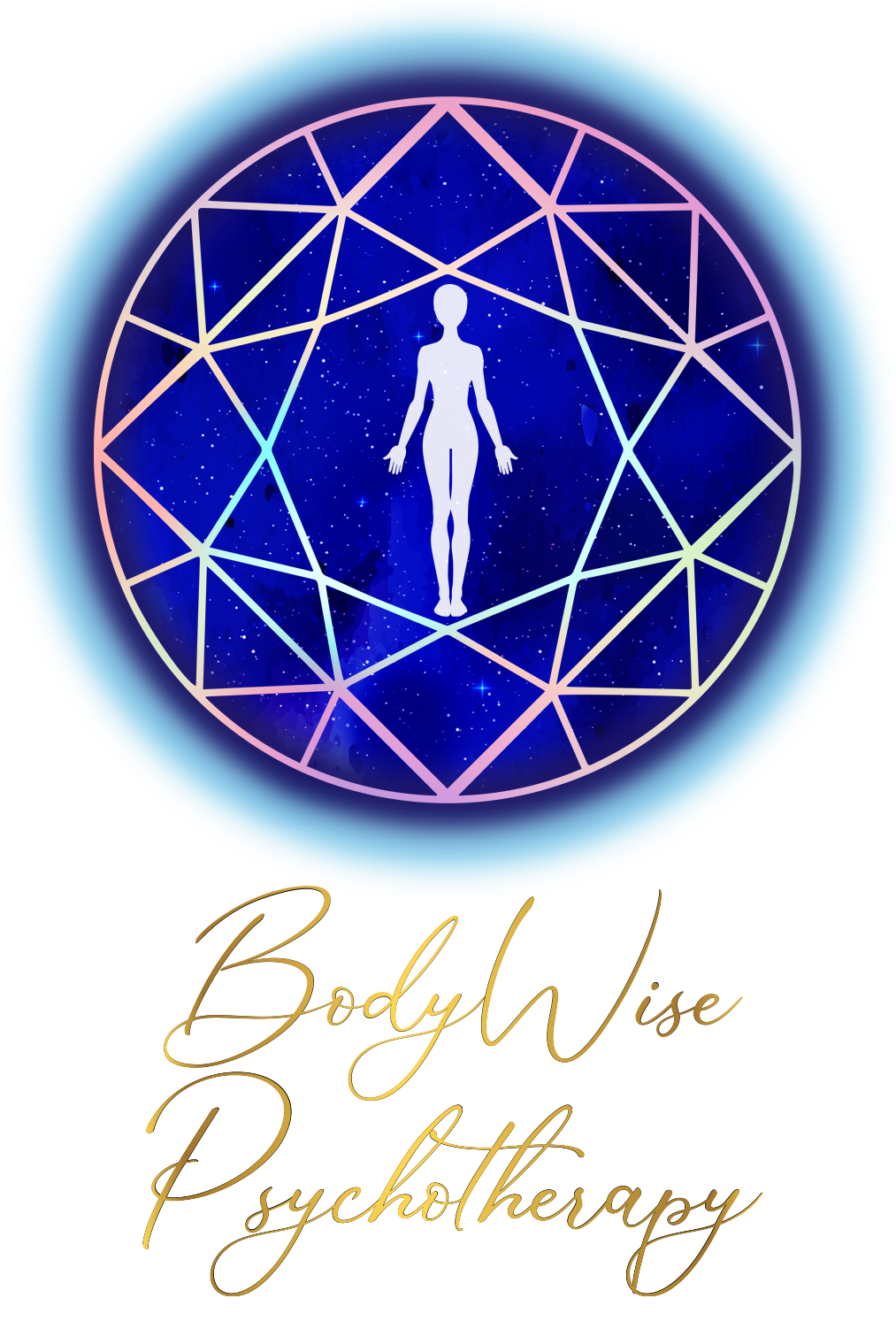The Benefits of Mental Health Therapy for Relaxation

The Benefits of Mental Health Therapy for Relaxation
In today’s fast-paced world, finding moments of relaxation and tranquility can feel like a rare luxury. Amidst the hustle and bustle of daily life, stressors abound, taking a toll on our clients’ mental and emotional well-being. This is where mental health therapy steps in, offering a sanctuary of support and guidance to help individuals navigate the challenges of life and find solace in relaxation. In this blog, I’ll explore the profound benefits of mental health therapy for relaxation and how it can contribute to a greater sense of peace and well-being.
Importance of Mental Health Therapy for Relaxation
Mental health therapy plays a crucial role in promoting relaxation by providing individuals with the tools and resources they need to manage stress, regulate emotions, and cultivate mindfulness. Through therapy, clients can address underlying psychological issues that contribute to feelings of anxiety, overwhelm, and exhaustion, leading to a greater sense of balance and inner peace. By prioritizing mental health therapy, individuals can invest in their well-being and nurture their mental and emotional resilience.
Understanding Mental Health Therapy
Mental health therapy, also known as psychotherapy or counseling, is a collaborative process between a trained therapist like myself and an individual seeking support. It encompasses a range of therapeutic approaches, such as cognitive-behavioral therapy (CBT), mindfulness-based therapy, and psychodynamic therapy, tailored to meet the unique needs of each client. Therapy sessions provide a safe and confidential space for individuals to explore their thoughts, feelings, and behaviors, gain insight into their experiences, and develop coping strategies for managing life’s challenges.
Main Benefits:
1. Promoting Stress Reduction
Stress reduction is one of the primary benefits of mental health therapy for relaxation. I work with my clients to identify sources of stress and develop effective coping mechanisms to manage stressors more effectively. Techniques such as deep breathing exercises, progressive muscle relaxation, and guided imagery can help individuals calm their nervous system and promote a sense of relaxation and calmness.
2. Enhancing Emotional Regulation
Another key benefit of mental health therapy is the enhancement of emotional regulation skills. I help my clients identify and understand their emotions, allowing them to respond to challenging situations in a more adaptive manner. By learning to regulate their emotions, individuals can reduce feelings of anxiety, anger, and frustration, and experience greater emotional resilience and well-being.
3. Fostering Self-Care Practices
Self-care is essential for relaxation and overall well-being, yet it is often neglected in our busy lives. Mental health therapy encourages individuals to prioritize self-care and incorporate relaxation activities into their daily routine. I help my clients identify self-care practices that resonate with them, such as exercise, meditation, or spending time in nature, promoting a sense of balance and rejuvenation.
4. Improving Sleep Quality
Many individuals struggle with sleep disturbances due to stress and anxiety, which can further exacerbate feelings of fatigue and irritability. Mental health therapy can help improve sleep quality by addressing underlying psychological factors that contribute to sleep difficulties. I work with my clients to develop relaxation techniques and improve sleep hygiene practices, leading to more restful and rejuvenating sleep.
5. Cultivating Mindfulness and Presence
Mindfulness, the practice of being fully present and engaged in the present moment, is a powerful tool for relaxation and stress reduction. Mental health therapy often incorporates mindfulness-based approaches to help individuals cultivate greater awareness and acceptance of their thoughts, feelings, and sensations. By learning to observe their experiences without judgment, individuals can reduce reactivity to stressors and cultivate a deeper sense of inner calm and peace.
Conclusion
In conclusion, mental health therapy offers a multitude of benefits for relaxation, providing individuals with the support, guidance, and tools they need to navigate life’s challenges with greater ease and resilience. By promoting stress reduction, enhancing emotional regulation, fostering self-care practices, improving sleep quality, and cultivating mindfulness and presence, therapy empowers individuals to experience a greater sense of peace, balance, and well-being in their lives. If you’re looking for a mental health therapist near you to support your journey to relaxation and wellness, consider reaching out and prioritizing your mental health today.

Leave a Reply